In today’s increasingly open society, many men are leaving straight marriages and coming out as gay, bisexual, or trans. Many women are left asking what is driving this change?
1. Increased Social Acceptance

Society’s growing acceptance of LGBTQ+ individuals has made it easier for men to come out. According to a 2021 Gallup poll, 70% of Americans support same-sex marriage, reducing stigma and fear. However, this newfound freedom for men can leave their wives feeling abandoned and betrayed.
2. Visibility of LGBTQ+ Role Models
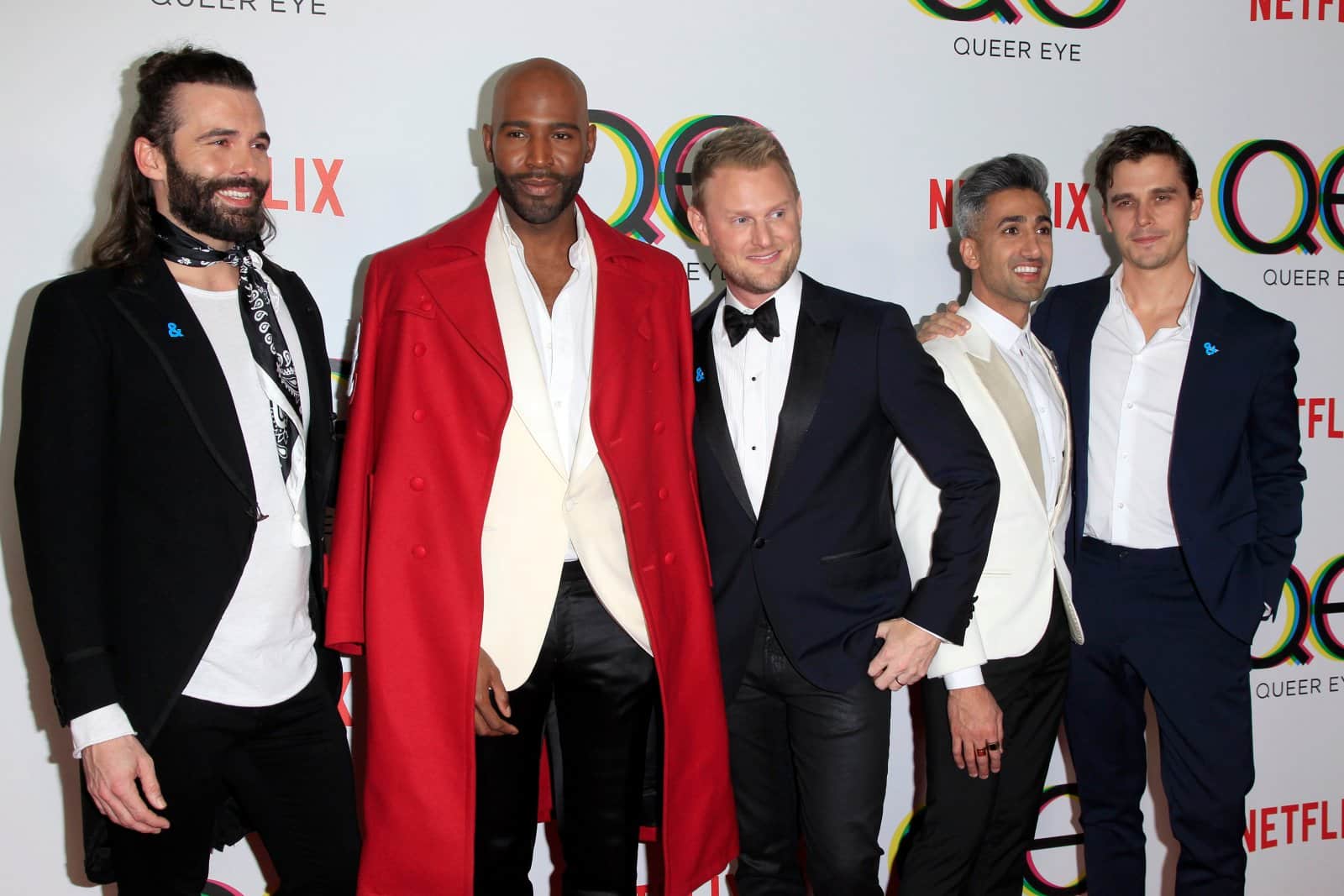
Openly gay and trans celebrities like Jonathan Van Ness and Alok Vaid-Menon provide inspiration and validation. These role models demonstrate that it’s possible to live openly and happily, encouraging others to come out and live authentically. For wives, this can mean grappling with the painful realization that their partners see these figures as beacons of a life they desire, one that excludes them.
3. Greater Awareness of Sexuality

Access to information about sexual orientation and gender identity helps individuals understand and accept their feelings. Educational resources and media representation contribute to a better understanding of what it means to be non-heterosexual or non-binary. Wives, however, may struggle with the knowledge that their partner’s true identity was hidden for years, leading to feelings of deceit and loss.
4. Mental Health Benefits

Coming out can significantly improve mental health. Concealing one’s sexual orientation or gender identity can lead to higher rates of depression and anxiety, according to studies by the American Psychological Association. While this is a positive change for the men coming out, their wives are often left to process the emotional fallout and seek their own mental health support.
5. Supportive Networks
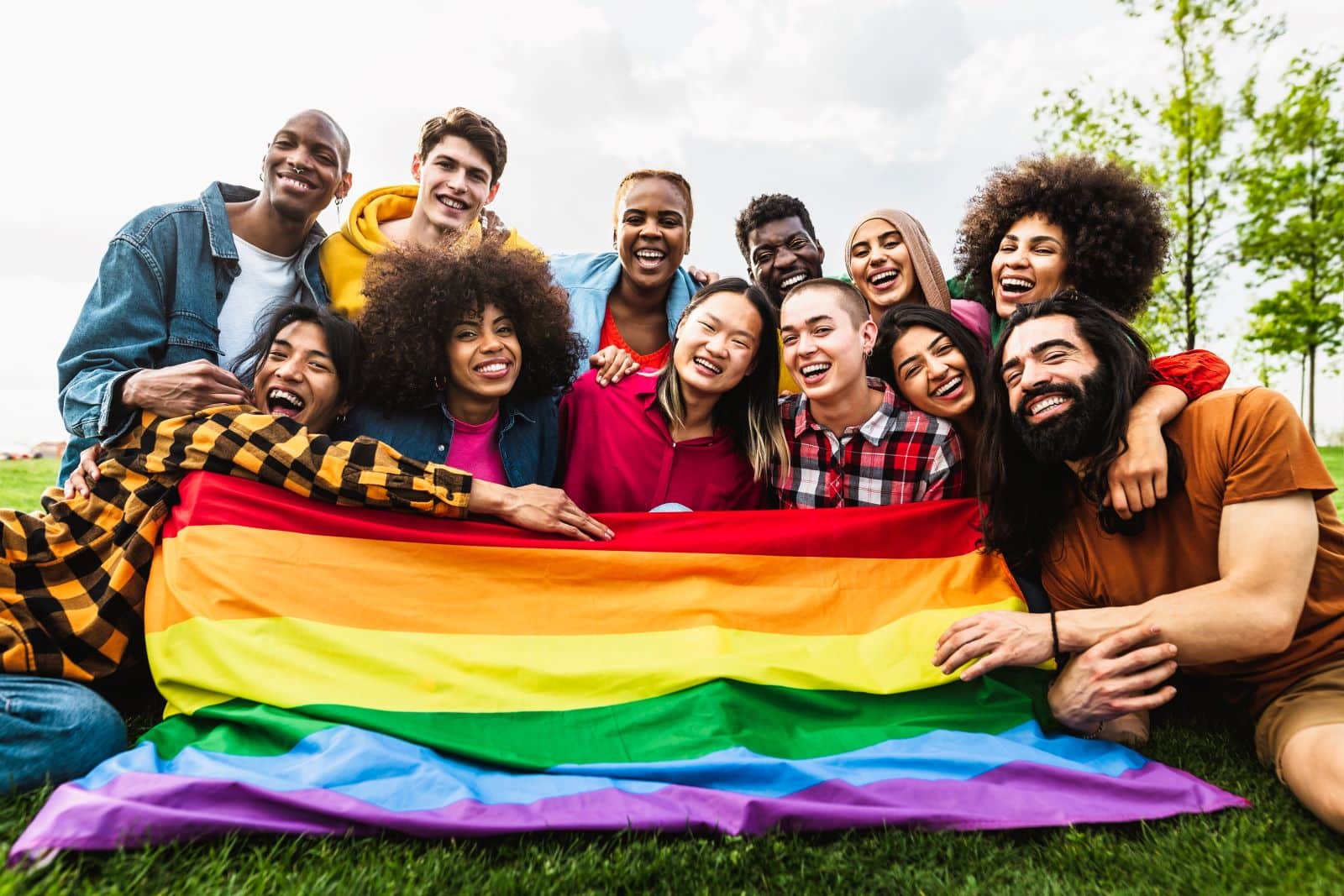
There are more supportive networks available now than ever before. Online communities, LGBTQ+ support groups, and inclusive workplaces provide a sense of belonging and support for those coming out later in life. Conversely, wives may find themselves seeking new support networks to deal with feelings of isolation and confusion.
6. Legal Protections
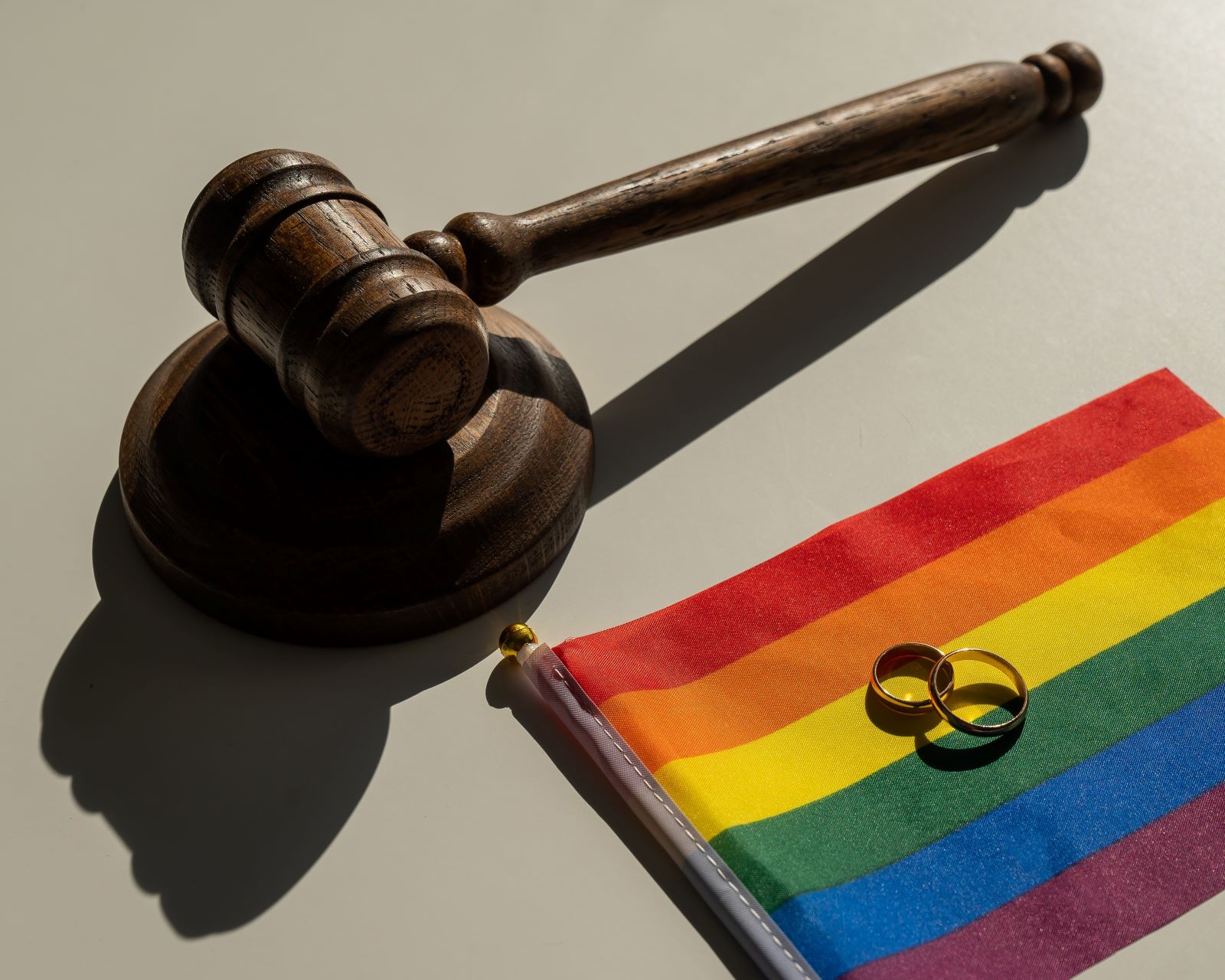
Legal protections for LGBTQ+ individuals have increased, making it safer to come out. Anti-discrimination laws and marriage equality provide a more secure environment for those leaving straight marriages. This shift can create complex legal and financial challenges for wives, especially in divorce proceedings and custody battles.
7. Personal Fulfillment

Many men leave straight marriages seeking personal fulfillment and authenticity. Living a life that aligns with one’s true identity leads to greater happiness and satisfaction. For their wives, this pursuit of personal happiness by their husbands can lead to feelings of rejection and inadequacy.
8. Changing Gender Norms

Evolving gender norms and expectations allow men to explore their sexuality and gender more freely. The dismantling of rigid gender roles provides a space for men to express themselves without fear of judgment. Wives may find themselves reevaluating their own beliefs about gender and sexuality, often while managing the pain of their partner’s departure.
9. Influence of Therapy and Counseling

Therapy and counseling can help individuals come to terms with their sexuality and gender identity. Professional guidance offers a safe space to explore and accept one’s true self. Wives, too, may need counseling to navigate their own emotional journey, dealing with feelings of betrayal and seeking paths to healing.
10. Impact of LGBTQ+ Media Representation

Positive LGBTQ+ media representation plays a crucial role in normalizing diverse sexual orientations and gender identities. Shows like “Queer Eye” and individuals like Jazz Jennings highlight the normalcy and joy of living as one’s true self. For wives, this media representation can be a double-edged sword, offering understanding but also highlighting the distance between their experiences and their partner’s new life.
11. Cultural Shifts
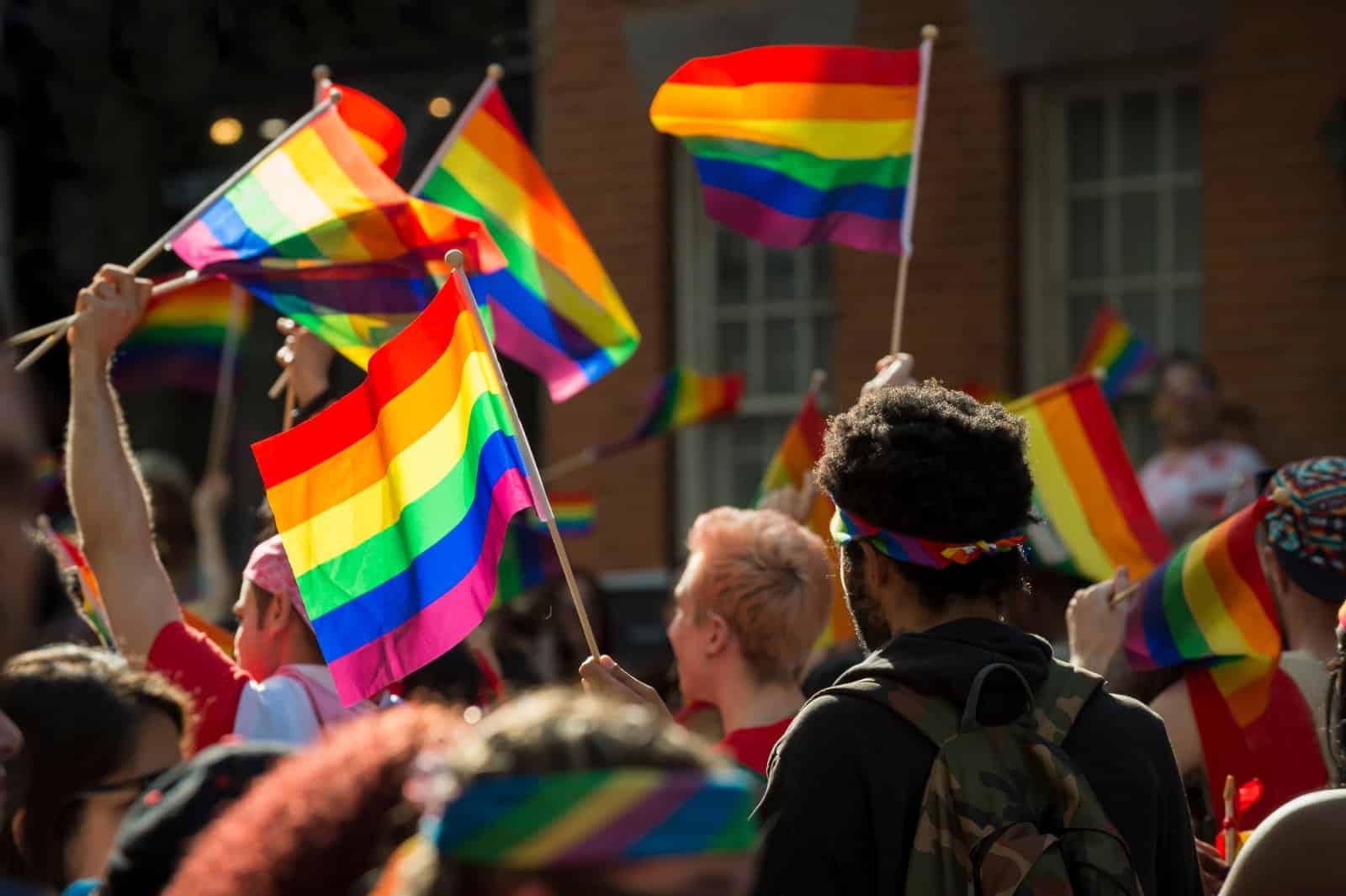
Cultural shifts towards acceptance and diversity make it easier for men to come out. These changes reflect a broader understanding and tolerance of different sexual orientations and gender identities, promoting a more inclusive society. Wives, however, must cope with the sudden and often public nature of these revelations, facing societal judgments and personal grief.
12. Personal Relationships and Friendships

Support from friends and family can significantly influence the decision to come out. Strong personal relationships provide the emotional backing needed to make such a life-changing decision. Wives, meanwhile, may find their own support systems strained as they deal with the emotional aftermath.
13. Advocacy and Activism
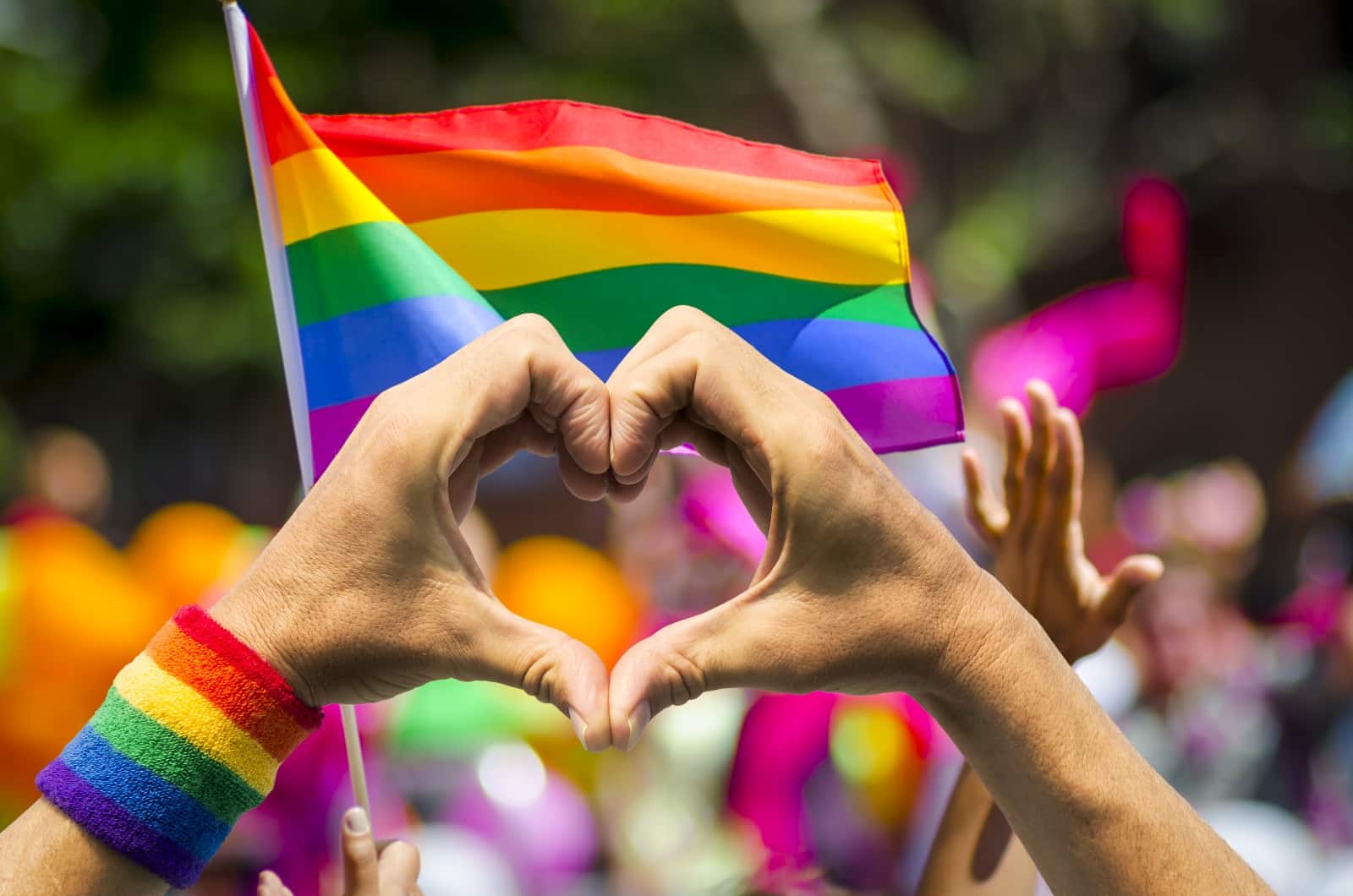
Advocacy and activism have pushed for greater acceptance and rights for LGBTQ+ individuals. Movements like Pride have raised awareness and fostered a sense of community. For wives, witnessing this activism can be bittersweet, as it underscores their partner’s newfound freedom while they navigate a challenging emotional landscape.
14. Kink and Sexual Exploration

The celebration of kink and sexual exploration has become more mainstream. This acceptance allows individuals to explore and express their sexuality without shame, encouraging authenticity and openness. Wives may struggle with the revelations about their partner’s sexuality, feeling deceived or inadequate in the wake of these discoveries.
15. Men Coming Out as Trans

More men are coming out as trans, seeking to live their true gender identity. This often involves leaving straight marriages, leading to complex emotional and social dynamics, including the emergence of so-called “trans widows”—spouses left behind when their partners transition. These wives face unique challenges as they navigate the transition of their partners and the end of their marriages.
16. Research and Data

Research shows that living authentically leads to better overall health. Studies highlight the physical and mental health benefits of being open about one’s sexuality and gender identity. While this is beneficial for the men coming out, their wives may need to seek their own paths to health and happiness amid the upheaval.
17. Influence of Public Figures

Public figures who come out later in life, like Elliot Page, provide powerful examples of living authentically. Their stories inspire others to take similar steps, showing that it’s never too late to embrace one’s true self. Wives observing these high-profile transitions may feel both empathy and distress as they relate these stories to their own experiences.
18. Evolving Definitions of Family

The concept of family is evolving to include more diverse structures. This inclusivity allows for a broader understanding of relationships and love, supporting individuals in their journeys to live openly. Wives, however, must redefine their own sense of family and future in light of their partner’s departure.
19. Social Media Influence

Social media platforms amplify stories of coming out and living authentically. These stories provide encouragement and validation for those considering coming out, fostering a sense of community and support. For wives, social media can be a painful reminder of their partner’s new life, contrasting sharply with their own feelings of loss and confusion.
Embrace the Change

As society continues to evolve, more men feel free to embrace their true selves. Will this trend continue to grow, fostering an even more inclusive environment for future generations, and how will the wives left behind find their own paths to healing and understanding?
21 Beliefs About the Bible That Are Actually False

The Bible is one of the most discussed and debated books in history, yet many common beliefs about it are more myth than fact. How many of these misconceptions have you heard before? 21 Beliefs About the Bible That Are Actually False
21 Subtle Racisms That Are Commonplace in America

Racism in America isn’t always overt; it often hides in plain sight through subtle actions and attitudes. How many of these subtle racisms have you noticed around you? 21 Subtle Racisms That Are Commonplace in America
Only Legal in America: 21 Things You CAN’T Do in the Rest of the World

The U.S. dances to its own beat, especially when it comes to laws that make the rest of the world do a double-take. Here’s a lineup of things that scream “Only in America,” sticking strictly to what’s written in the law books. Ready for a tour through the American legal landscape that’ll leave you wondering if freedom might just be a bit too free? Only Legal in America: 21 Things You CAN’T Do in the Rest of the World
Featured Image Credit: Shutterstock / zadirako.
For transparency, this content was partly developed with AI assistance and carefully curated by an experienced editor to be informative and ensure accuracy.

